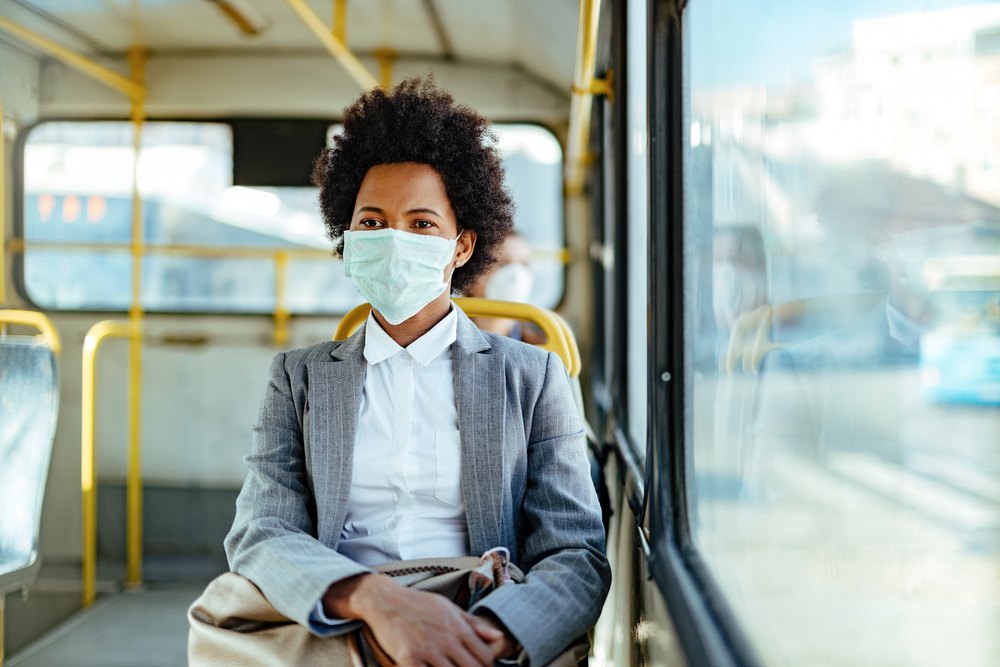What Comes After the Pandemic? Here Are 4 Myths Busted

It’s been months since we first heard about a new, strange virus outbreak affecting thousands of Wuhan residents in China. Back then, we had no idea what we were dealing with.
While experts still don’t have all the answers, there’s one thing we know for sure: the pandemic isn’t going away anytime soon.
If you’re like most people, the COVID-19 pandemic affected you too in one or more ways. Right now, we’re still figuring out a way of moving on with our own lives – but it’s far from easy. Financial trouble, children’s education, losing a loved one are all affecting our physical and mental health.
I imagine it’s very hard to see the bright side of this situation especially since the news is overloaded with negative headlights.
Today, we’re going to debunk four myths that might help you get a more positive look on your future life in this new world:
Myth 1: Most of us will have mental issues
Few things can shock us like the pandemic did. However, experts estimate that most of us will be able to recover fairly easily and won’t have to deal with long-term mental issues.
Emma PeConga, doctoral psychology student at the University of Washington, studied how trauma manifests especially during this unprecedented situation. The report compared people’s present reaction to the recovery of people who have gone through massive traumatic experiences such as the 9/11 attacks or the SARS outbreak in 2003.
As PeConga explains, most survivors – including first responders – ended up developing resilience.
Michele Bedard-Gilligan, clinical psychologist at the UW Medical Center-Roosevelt, adds that the way we handle traumatic experiences highly depends on the experience itself in terms of amplitude and exposure.
When multiple stress factors add up, though, the long-term impact of the pandemic may also be accentuated. For example, thousands of U.S. residents also had to deal with trauma or anxiety due to protests and police violence brought by racism.
Myth 2: Resilience is #NoBadDays
This hashtag gained plenty of popularity for the wrong reason. More and more people believe that being resilient means being positive 24/7 and not letting anything bring you down.
We all know there is no such thing.
But what does resilience actually mean?
“People are not unbreakable. Resilience is when you have the ability to break and get back together.” – Michele Bedard-Gilligan
You can be resilient and have a bad day. You can be resilient and have negative thoughts, lack motivation or simply not be in the mood for something.
What makes resilient people different is that they can go through rough times and find the strength to move on. Resilience also means accepting your emotional and mental states and being able to learn from such experiences.
Note that resilience is also very relative. If someone has recently lost a loved one due to COVID-19, resilience may simply mean getting out of bed every day. For others, resilience may mean fighting to keep their business alive in times of financial uncertainty.
PeConga and Bedard-Gilligan both agree that the most important thing is how we manage our emotions.


